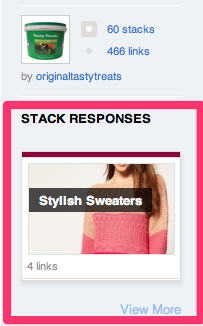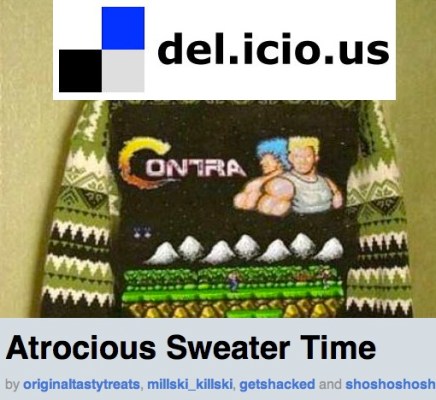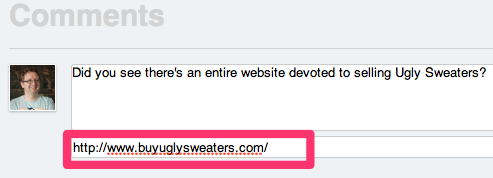Delicious has just announced 4 new features to make its stacks, or collections of links, more social. Because the only thing better than a bundle of your favorite kitten websites is bundle co-created by you and your friends. You can now collaboratively build stacks, comment on whole stacks, respond to a stack with a stack similar to a YouTube response, and create private stacks. The features will permit new use cases like stealth cooperation and give Delicious an advantage over Pinterest which doesn’t offer private boards yet.
Private stacks make Delicious more than just a broadcast channel for your taste. You can stealthily hoard links and keep them to yourself forever, including sites you wouldn’t want your boss or mom to see.
In conjunction with the new collaboration feature, you can also silently assemble and discuss links with others, and later decide to present them to the world. Delicious offers a perfect example of how you could “share favorite engagement rings with your yet-to-be-announced fiancee.”
Pinterest doesn’t offer private boards yet. It told one Quora user that feature might one day be offered as a premium service, but that it wasn’t a priority because the site focuses on sharing. This gives Delicious an opening to exploit.
The collaboration feature lets you invite friends to edit your stacks. This could help teams cooperate on research, or let friends compile a set of favorite links around a topic.
Commenting on entire stacks lets you have conversations about the interconnections between links. You can also suggest links you think would enhance someone else’s stack.
 Stack responses lets you battle over who can find the best content around a topic, or offer a contrasting collection. For example, if you’re worried your friends might actually buy something from their Atrocious Sweaters stack, persuade them not to ruin their image in the name of irony by responding with a stack of stylish sweaters.
Stack responses lets you battle over who can find the best content around a topic, or offer a contrasting collection. For example, if you’re worried your friends might actually buy something from their Atrocious Sweaters stack, persuade them not to ruin their image in the name of irony by responding with a stack of stylish sweaters.
Delicious is still less flexible than some group sharing platforms such as Facebook Groups, and doesn’t have the momentum of Pinterest. To stay relevant it needs to nail its core purpose — stable presentation of curated links, which isn’t as well supported by feed-based and photo-centric services.

